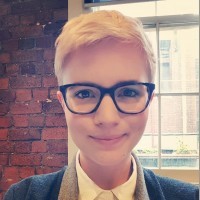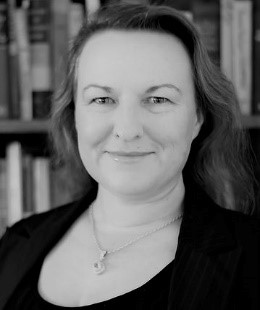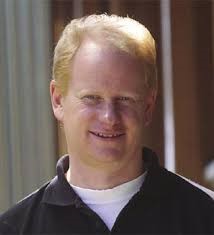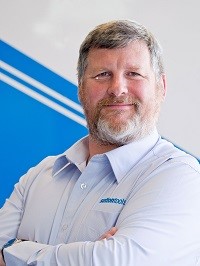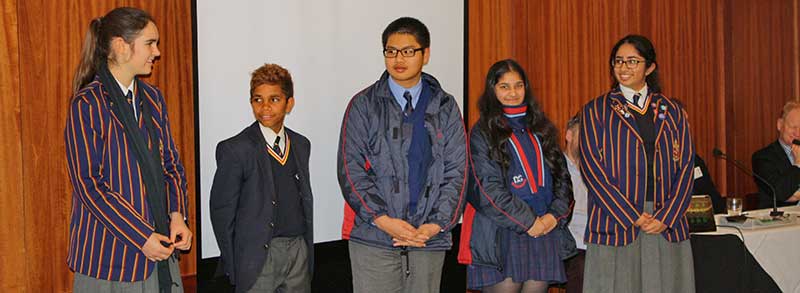In their 2017 report ‘The New Work Smarts’, the Foundation of Young Australians declared:
“By 2030, Automation, Globalisation and Flexibility will change what we do in every job”
To adapt to this change, young people will need:
Smart Learning!
Smart Thinking!
Smart Doing!
The Vernier Foundation’s 2018 Youth Forum will explore what this means to the high school students of today, the educational institutions and our leading manufacturing companies through our expert panel:
Shona McPherson
Media Manager
Foundation for Young Australians
Dr Karen O’Reilly Briggs
Researcher
Latrobe University
Professor Mark Easton
Associate Dean
RMIT University
Dr Steven Dowey
Technology Manager
Sutton Tools
Verner Foundation are pleased to announce that a Jordan Difesa from Dandenong High School will be joining the panel discussion – Jordan is a DHS House Captain, and one of the School Leaders. He has been part of their accelerated learning, program and is undertaking, Maths Methods, Physics, Specialist Maths, Systems Engineering, and Software Development this year.
Questions to be addressed:
- How the nature of work will change and how to be “Smarter”
- What are the new skills and capabilities, along with STEM, to secure the progressive jobs of tomorrow
- How the educational institutions are adapting to this changing paradigm
Ask your own questions in our interactive Question and Answer panel session! Make a comment!
When and Where:
Thursday 9th August 2018 at Kooyong Tennis CLub, Glenferrie Road, Kooyong
Open from 12 noon with refreshments at 12:30. Formal event starts at 1pm until 3:30pm
FREE to all University students, teachers, high school students and Vernier Members
Free parking available opposite the centre or by tram to Kooyong station
Guest especially welcome at $60.
Please RSVP to jparr.strider@bigpond.com or petermurie@bigpond.com
VERNIER FOUNDATION ADDRESSES THE FUTURE OF WORK
The future of work and the skills and capabilities required over the next two decades were the big themes of the Vernier Foundation’s ‘Annual Youth Forum’, held at Kooyong Tennis Club on the 9th of August. The Foundation is the charitable arm of the Vernier Society and was established with the express aim of encouraging young people into careers in engineering and manufacturing. The audience, comprising largely of young people from Year 7 to Year 11 along with a spread of Vernier Society members, were treated to presentations by four very different speakers, each offering their own perspectives to the challenges and opportunities created by the future paradigms of work.
The first speaker was Shona McPherson from the Foundation of Young Australians; a non for profit organisation with the express aim of “backing the next generation of young people who are going to rethink the world and create a better future”. In an engaging presentation, Shona first asked the question “what do you want to be when you grow up?” Pleasingly to the Foundation an ‘engineer’ was prominent but a ‘psychologist’ and an ‘investment banker’ offered different and somewhat surprising perspectives. The changing nature of work was expanded on as Shona explained that the FYA’s latest research showed that future workers will change their jobs and careers much more frequently than past generations and will therefore require to relearn new capabilities. Shona endorsed the message that digital literacy, bilingual skills, critical thinking and creativity and well as a strong foundation in STEM subjects were the key skills for the new workplace.
Dr Mark Easton, the Associate Dean at RMIT took the audience down a university education pathway demonstrating that new joint projects between industry and RMIT were opening up new applications for automated technologies, helping to make workplaces safer and more productive. With his particular specialism in material science Mark also showed some of the new medical applications opened up by additive manufacturing specifically in the treatment of bone cancers.
The next speaker was Dr Mike Brown of Latrobe University, who speaking from his own experience as an apprentice and through his jocular style of audience participation explained how tertiary education, particularly through the TAFE sector with their strong links to industry, can offer an alternative and equally satisfying pathway into engineering and manufacturing careers. Mike also described the importance for school STEM teachers to have strong industry links and pursue new teaching methods (through Latrobe) for the skills of the future.
The final speaker was from industry. Dr Steve Dowey is the Technology Manager for Sutton Tools, Australia’s leading company in the manufacture and marketing of high quality power tools accessories and cutting tools. Steve explained how the ‘Internet of things’ is now driving what is now called “The 4th Industrial Revolution”. He demonstrated how technology was opening up new ways of looking at productivity. Steve was able to demonstrate how he could monitor the real time performance of machines in the Sutton factory while at the event. But Steve’s big message though was that companies don’t need to be really smart to take advantage of these emerging technologies – they just need to be ‘smart enough’. By taking a steady and incremental approach you can increase productivity through cost effective solutions.
The presentations were followed by a short question and answer session with the panelists and the audience but in-between the Foundation presented the prizes for the competition set for two schools – Dandenong High School and Peninsula Grammar School – who in 80 words or less were asked to write “I want to become an engineer because …”. There were only a small number of entries, probably due to the start of a new term and its heavy workload and while the entrants really struggled with the word count restriction, the quality and reasoning of the entries were such that it was decided to award a prize to all five entries (see picture). The interesting context in the entries (and a message for political parties looking to secure future votes) was the strong philanthropic message in the entries – “to build environmentally friendly homes so we can live in peace with our planet instead of destroying nature”; “to resolve problems in our society”, “invent things that will amaze the world” “be a bio-engineer to help people with diseases” and “to build a better future”. It was a privilege to read this field, not of dreams but of hopeful ambition!
The event did not and could not attempt to offer a panacea to the challenge of future work but hopefully it did endorse the need for educators, academia and industry to work closer together to deliver the skills and capabilities that further inspire Australia’s young people to realise that engineers and a vibrant manufacturing industry are essential to our future global prosperity. The Vernier Foundation wishes to thank the speakers, the audience young and old alike and Kooyong Tennis Club for making this event a success. All those interested in knowing more about the Vernier Foundation or the Society should visit the Vernier Society website.

